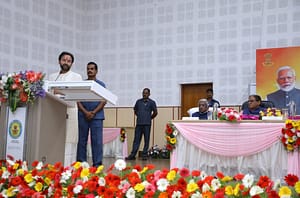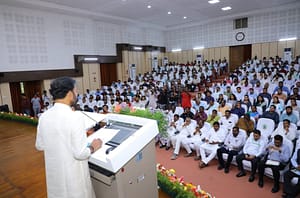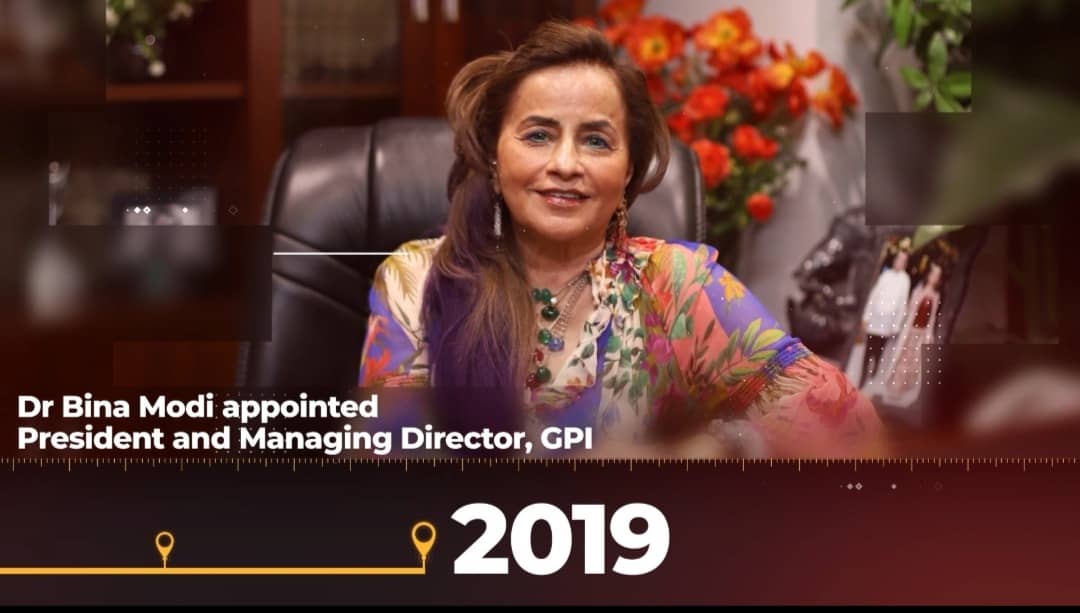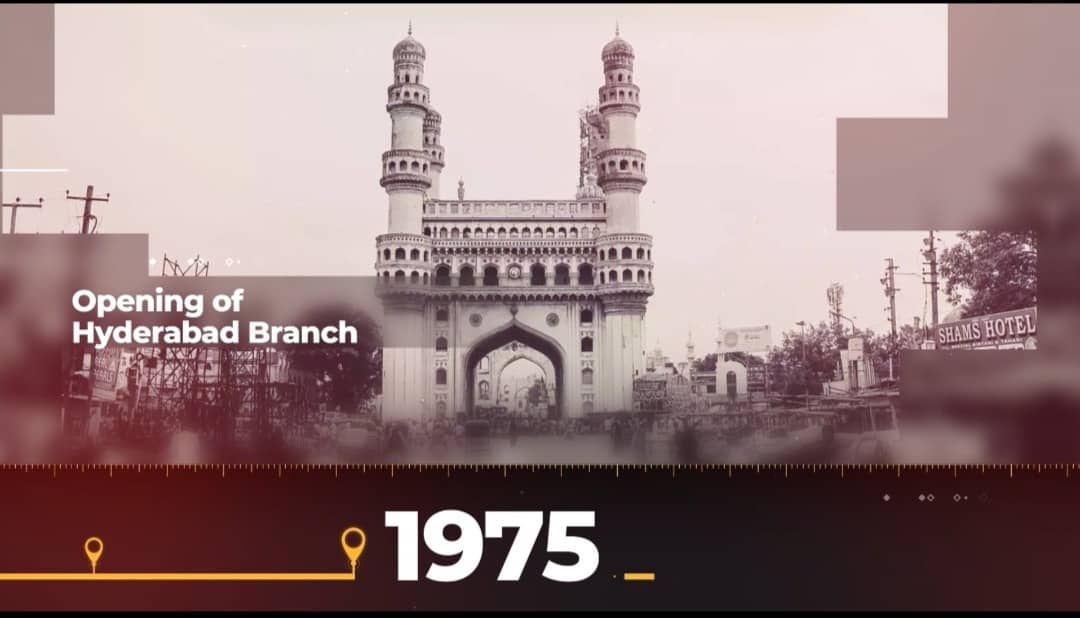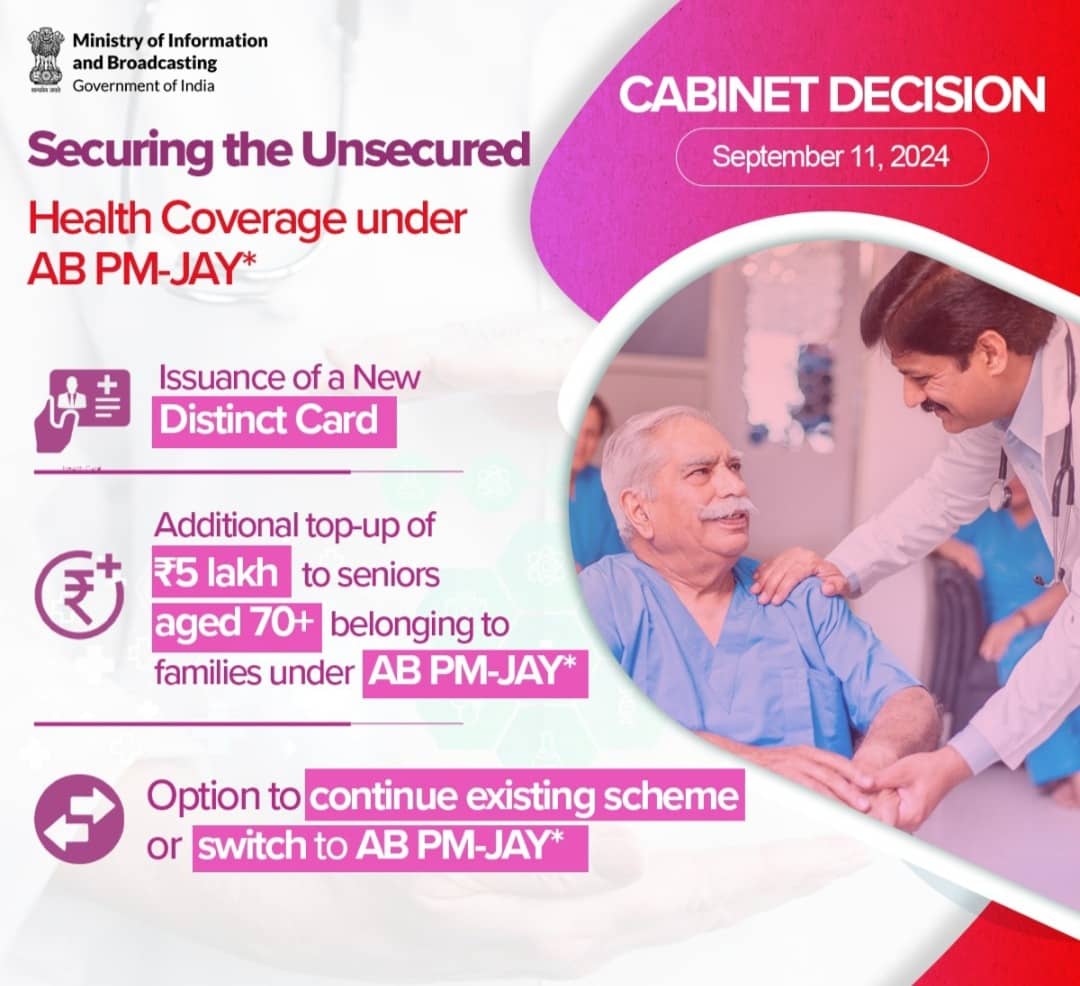Infosys ,a global leader in next-generation digital services and consulting, announced a strategic collaboration with zooplus, a leading European e-commerce company based in Munich, Germany, to enhance its service capability and scalability. The collaboration will establish a state-of-the-art Global Capability Center (GCC) in Hyderabad, India.
zooplus will leverage Infosys Topaz, an AI-first offering using generative AI technologies, that will aim to help the company drive AI innovation and growth transform e-commerce capabilities, and enhance operational efficiency. The collaboration will also help improve its marketing, e-commerce, and supply chain capabilities. It will support zooplus by enhancing its expertise in product management, technology, quality, design, and engineering; and set up a new order management system.
Infosys was selected for its unique AI-first strategy and its commitment to driving improvements in productivity while achieving cost efficiencies. The GCC will leverage Infosys’ data-driven excellence and innovative capabilities to play a pivotal role in transforming zooplus’ customer experience, significantly enhancing their technology and value chain capabilities.
Geoffroy Lefebvre, Chief Executive Officer, zooplus SE, said, “At zooplus our growth strategy has always been focused on leveraging data-driven insights to meet our customers’ demands. Our collaboration with Infosys to establish our new technology hub is a strategic decision driven by their AI-first strategies combined with expertise in delivering AI-powered solutions, with Infosys Topaz. We are confident that through this collaboration we will unlock greater operational efficiencies, enhance customer experience, and stay ahead in the competitive e-commerce landscape.”
Karmesh Vaswani, Executive Vice President & Global Head of Consumer, Retail & Logistics, Infosys, said, ” At Infosys, we believe in harnessing the power of technology to drive innovation enabling profitable and sustained future growth. Collaborating with zooplus to establish this new GCC in Hyderabad underscores Infosys’ commitment to driving digital transformation at scale for our clients. By leveraging Infosys Topaz, we will empower zooplus to realize their full potential and also position them at the forefront of excellence in digital commerce and marketing.”






